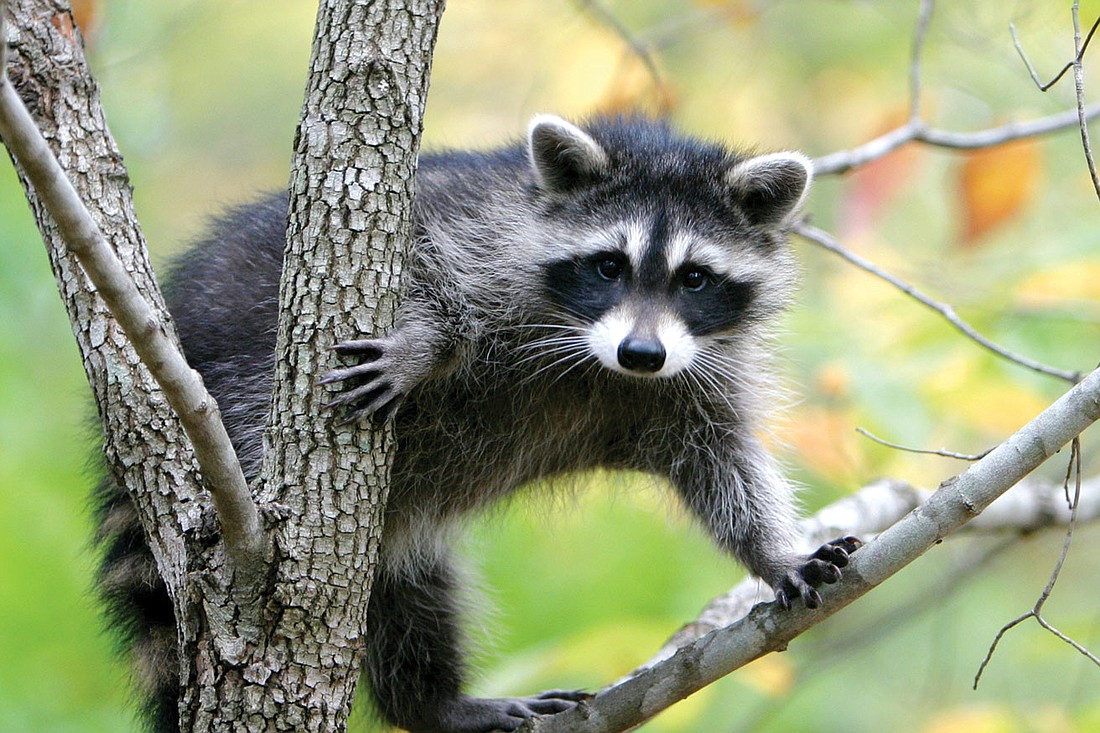- April 18, 2024
-
-
Loading

Loading

They have been following park-goers, jumping onto picnic tables while people are eating and begging for food, all of which is not normal behavior for raccoons.
The past few years, the raccoon population at Ted Sperling Park has increased, and they have grown increasingly comfortable around humans — a result of being fed by people, county officials say.
Starting last week, a county-hired trapper began removing raccoons from the park that is popular among kayakers and picnickers.
“It is the first time the county is forced to trap at that park,” said Kenya Leonard, a parks naturalist with Sarasota County. “It is not something the county wants to do.”
But after complaints from park-goers who crossed paths with the animals, county officials decided the raccoons pose a health hazard and a potential threat.
Some people would make daily trips to Ted Sterling Park, formerly called South Lido Park, to feed the raccoons with cat or dog food and others would toss out hotdogs. Over time, the raccoons learned to associate people in the park with food.
Eventually “every person becomes a potential meal … someone who will toss a chip” to the raccoons, Leonard said. Some raccoons have followed people around the park.
Even if the raccoons are relocated to a preserved wilderness, they will struggle to survive.
“It’s an unfortunate situation all around,” Leonard said. “Some of them have grown up being fed human food. They have not had an opportunity to forage in a natural environment.”
Live trapping at the park will occur off and on for up to two weeks. The goal of the trapping is to reduce the raccoon population and remove the animals that have been getting close to humans, said Jerris Foote, parks and recreation supervisor with the county.
The situation at Sperling Park marks another recent example of humans altering animal behavior in a way that has resulted in negative effects, Leonard said. The raccoon-removal program comes weeks after the dolphin nicknamed “Beggar” was found dead. The people who fed Beggar changed his behavior and put him at greater risk of boat strikes, because he swam into high traffic boating waters and relied on people for much of his food, biologists say.
The deliberate feeding of raccoons makes them comfortable around humans and, thus, more likely to get into situations where they are unwanted or in danger. It also encourages unnaturally high population.
Leonard cautioned park-goers to stay clear of the traps.
More importantly, Leonard urged people to not feed wildlife of any kind.